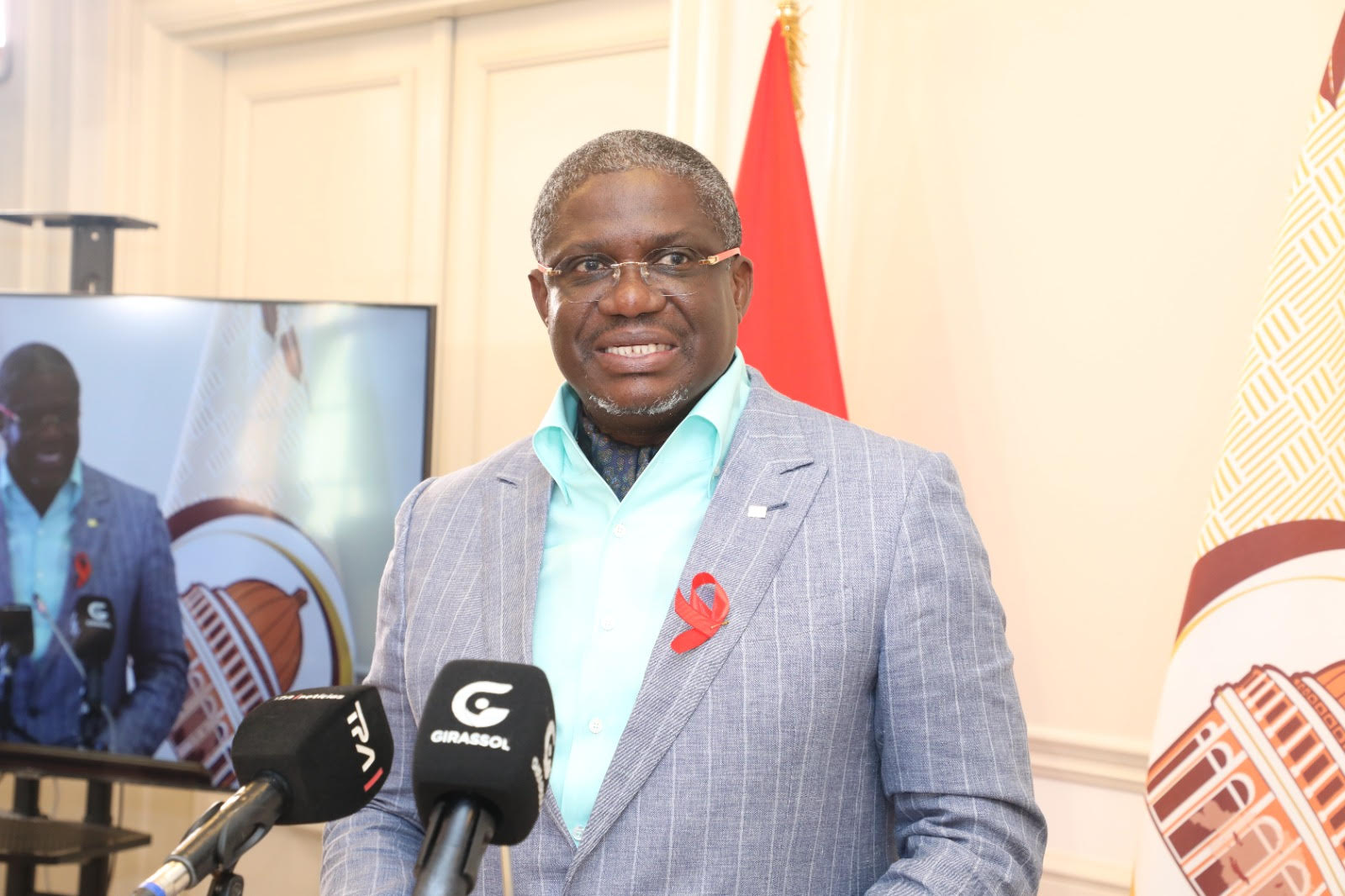
The world stands at the crossroads – a Third World War looms large in the horizon and the role of both the United States of America (USA) and the People’s Democratic Republic of China cannot be gainsaid.
In Europe, the Russia-Ukraine war is approaching its second year next February 22, while October 27 this year, marked a turning point in the 75 year-old occupation of Palestine by Israel, when on that day Gaza militants broke Israel’s security,, bombed, killed and took Israeli captives.

The world watched in horror the collective retaliation that Israel, with the backing of the USA, launched on Gaza. To this day more than 13, 000 Gazans are believed to have martyred in the siege and massacre, with thousands more injured, while buildings and infrastructure have been reduced to a rubble.
It was in this background that on November 15 local time, President Xi Jinping and U.S. President Joe Biden held a summit meeting at the Filoli Estate, San Francisco.
The two heads of state had a candid and in-depth exchange of views on strategic and overarching issues critical to the direction of China-U.S. relations and on major issues affecting world peace and development.
President Xi Jinping was warmly received by President Joe Biden upon arrival at the Filoli Estate.
President Xi Jinping noted that China and the United States are faced with two options in the era of global transformations unseen in a century: One is to enhance solidarity and cooperation and join hands to meet global challenges and promote global security and prosperity; and the other is to cling to the zero-sum mentality, provoke rivalry and confrontation, and drive the world toward turmoil and division.
The two choices point to two different directions that will decide the future of humanity and Planet Earth. The China-U.S. relationship, which is the most important bilateral relationship in the world, should be perceived and envisioned in this broad context.
For China and the United States, turning their back on each other is not an option. It is unrealistic for one side to remodel the other. And conflict and confrontation has unbearable consequences for both sides.
Major-country competition cannot solve the problems facing China and the United States or the world. The world is big enough to accommodate both countries, and one country’s success is an opportunity for the other.
President Xi Jinping elaborated on the essential features of Chinese modernisation and its significance, China’s development prospects, and its strategic intention. He pointed out that China’s development is driven by its inherent logic and dynamics.
China is promoting the great rejuvenation of the Chinese nation on all fronts through Chinese modernisation.
It will not take the old path of colonisation and plundering, or the wrong path of seeking hegemony with growing strength. It does not export its ideology. It has no plan to surpass or unseat the United States. Likewise, the United States should not scheme to suppress and contain China.
President Xi Jinping pointed out that mutual respect, peaceful coexistence and win-win cooperation are the lessons learned from 50 years of China-U.S. relations as well as the conflicts between major countries in history. China and the United States should put in a lot of efforts to follow them.
In San Francisco, the two sides should assume a new vision and build together five pillars for China-U.S. relations. First, jointly developing a right perception. Second, jointly managing disagreements effectively.
Third, jointly advancing mutually beneficial cooperation. Fourth, jointly shouldering responsibilities as major countries. Fifth, jointly promoting people-to-people exchanges.
President Xi Jinping elaborated on China’s principled position on the Taiwan question. He pointed out that the Taiwan question remains the most important and most sensitive issue in China-U.S. relations.
China takes seriously the positive statements made by the United States in the Bali meeting. The U.S. side should take real actions to honour its commitment of not supporting “Taiwan independence”, stop arming Taiwan, and support China’s peaceful reunification. China will realise reunification, and this is unstoppable.
President Xi Jinping pointed out that U.S. actions against China regarding export control, investment screening and unilateral sanctions seriously hurt China’s legitimate interests.
Development of China is innovation-driven. Stifling China’s technological progress is nothing but a move to contain China’s high-quality development and deprive the Chinese people of their right to development.
China’s development and growth, driven by its own inherent logic, will not be stopped by external forces. It is important that the U.S. side take China’s concerns seriously and adopt tangible steps to lift its unilateral sanctions so as to provide an equal, fair and nondiscriminatory environment for Chinese businesses.
Following the meeting, President Joe Biden hosted a luncheon in honour of President Xi Jinping. The two heads of state exchanged views on the Palestinian-Israeli conflict and other international and regional issues of mutual concern.
The meeting was positive, comprehensive and constructive. It has charted the course for improving and developing China-U.S. relations. And San Francisco should be a new starting point for stabilising China-U.S. relations.
They instructed their teams to build on the understandings reached in Bali and to timely follow up on and implement the new vision agreed on at San Francisco. The two heads of state agreed to continue their regular contact.
China sees 41,947 new foreign-invested firms in January-October
A total of 41, 947 new foreign-invested companies were established in China during the first 10 months of the year, data from the Ministry of Commerce showed on November 17.
The figure marked a 32.1 percent increase from the same period a year earlier.
During the period, foreign direct investment (FDI) in the Chinese mainland in actual use came in at 987.01 billion yuan (about 137.6 billion U.S. dollars), down 9.4 percent year on year.
Specifically, FDI in manufacturing rose 1.9 percent year on year to 283. 44 billion yuan, with that in high-tech manufacturing logging an increase of 9.5 percent.
FDI from Canada, the United Kingdom, and France surged 110.3 percent, 94.6 percent and 90 percent, respectively, the data showed.
China has reiterated the country’s commitment to market opening up and its efforts to ensure a level playing field for foreign investors.
The country will shorten its negative list for foreign investment in a reasonable manner and scrap all restrictions for foreign investors entering the manufacturing industry, said Li Chao with the National Development and Reform Commission at a press conference on November 16.








